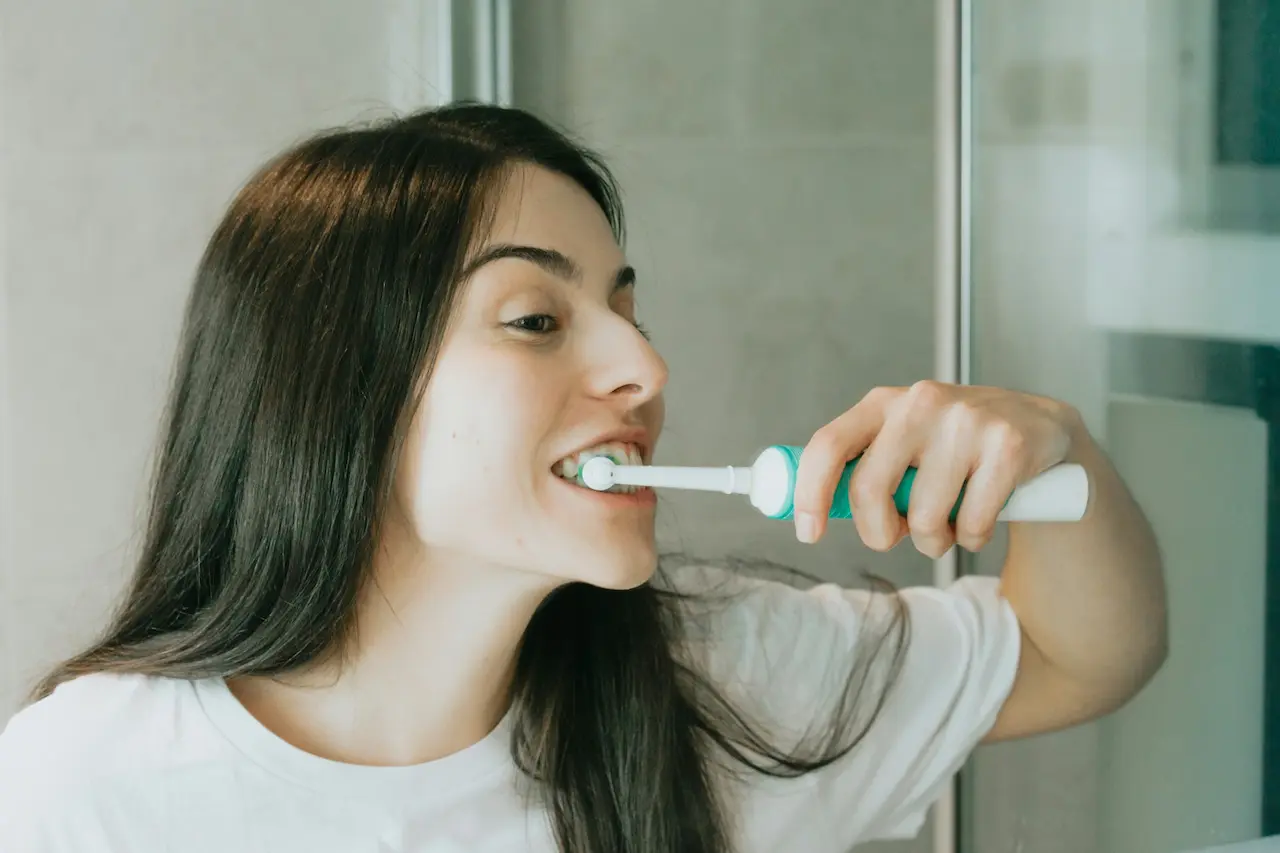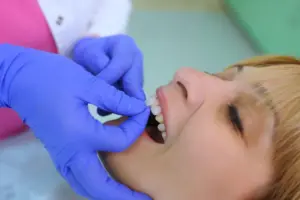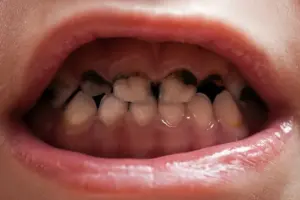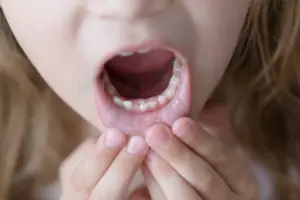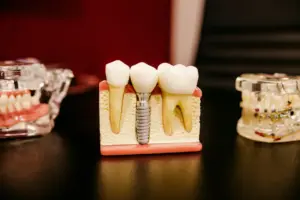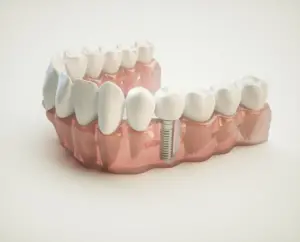The Root Causes of Bad Breath with Poor Hygiene
Table of Contents
ToggleUnderstanding the causes of bad breath will help you to prevent it, and keep your mouth fresh. Chronic or frequent bad breath is a sign that you need to take better care of your mouth. Regular dental visits and proper oral hygiene are essential to preventing and treating bad breath.
What is bad breath?
The odour of bad breath is unpleasant. Halitosis can cause an unpleasant taste or odour to be detected by the individual with it, as well as others. Everybody has bad breath occasionally, but chronic or frequent bad breath may indicate an underlying cause of bad breath.

What causes bad breath?
You can prevent bad breath by understanding the causes and treating it as necessary. Consider the root causes of bad breath to maintain a fresh and pleasant mouth.
Poor Oral Hygiene
Halitosis can be prevented by maintaining good oral hygiene. Bad breath can be caused by bacteria and plaque in the mouth.
Brushing is not enough. Oral hygiene is a comprehensive approach that includes the gums, teeth, tongue, and spaces in between teeth. Volatile sulphur compound (VSC) is the leading cause of halitosis. They are also produced when bacteria coats the tongue. This means that you should pay attention to your entire mouth as part of your daily oral care routine.
Unprofessional or insufficient dental care
Regular dentist visits are equally important as practising good oral hygiene at your home. A professional cleaning should be performed by a dentist of repute at least once every six months. The dentist may suggest that you visit more often if they notice periodontal issues. By skipping dental appointments, you can worsen bad breath and lead to further complications.
Low Saliva or Dry mouth
Saliva lowers bacteria in the mouth. Low saliva flow can cause bacteria to build up, resulting in bad breath, and other complications like gingivitis and periodontal diseases. Low saliva can be caused by the following conditions and factors:
- Radiation and chemotherapy treatments
- Allergy medication
- Prescription drugs
- Dehydration
- Anxiety or nervousness
Low saliva can cause dry mouth or xerostomia. This reduces the amount of moisture in your mouth that is needed to wash away bacteria. Dry mouth can be caused by not drinking enough water or certain medications. People who have chronic dry mouth may want to consult their doctor. Some prescription oral medications may help to stimulate saliva production.

Acidic, High-Sugar and Pungent Foods
Some foods high in acidity or sugar can cause bad breath or worsen it. Acid reflux is caused by a diet that’s high in acid. Stomach acid flows back into the esophagus. This stomach acid flow can cause unpleasant breath smells.
Sugar is a food source for bacteria that feed in the mouth. Sugary foods encourage bacteria to grow and multiply, resulting in an excess of oral bacteria. Strong natural smells in pungent foods can increase bad breath. If you consume foods or drinks containing spices, garlic, coffee or onions, your breath may be affected.
Previous Dental Work
If it needs to be updated, previous dental work may cause bad breath. Old fillings and restorations can wear down or crack, making teeth susceptible to infection and bacteria. Halitosis is a sign you may need a new filling or restoration.
Infections or Cavities
Overgrowth of bacteria can lead to infections or caries. A dentist should be consulted if you have persistent bad breath. A dentist can examine the mouth and identify any infections or cavities. They will then provide you with the appropriate treatment.
How to Stop Bad Breath
The following tips can help you prevent bad breath:
1. Get regular dental cleanings and exams
At least twice a year, visit your dentist for a thorough cleaning and examination. A dentist with a good reputation has the training and experience to diagnose oral problems, prescribe necessary solutions, perform dental work and thoroughly clean teeth.
Follow your dentist’s advice on oral hygiene at home and receive any recommended procedures. You can ask your dentist if you’re brushing and flossing properly, and if they need to give you some dental care advice.
2. Use Adequate Oral Hygiene
Halitosis is a disease that can be prevented by maintaining good oral hygiene. To maintain good oral hygiene, you should perform the following:
Brushing
To maintain healthy gums and teeth, the Centers for Disease Control and Prevention recommends that you brush twice a day. Wait every day. However, it can be beneficial to floss each time after a meal. It is okay to floss either before or after you brush, but it’s better to floss before brushing. This will help loosen the debris and make it easy for you.
Tongue Scraping
Another essential oral hygiene technique is tongue scraping. By removing bacteria from your tongue every time you brush, you can eliminate VSCs and address one of the primary causes of halitosis. You can use a tongue scraper or a toothbrush to clean the tongue.
Oral Rinsing
To enhance freshness, use an oral rinse following brushing, tongue scraping and flossing. Mouthwash should not replace good oral hygiene but can be a great addition. Avoid irritating your mouth by using a rinse that does not contain alcohol.

3. Drink More Water
A daily intake of water that is adequate prevents a dry mouth and keeps the necessary saliva flowing. This allows your mouth to naturally remove bacteria. The water also neutralizes the pH of your saliva, which reduces bacteria.
4. Reduce sugar and acid Intake
Avoid foods that are high in acid or sugar. Sugar intake can be reduced to reduce the bacteria in your mouth. Acidic foods can damage tooth enamel. Avoiding them will prevent stomach acid from reaching the esophagus.
5. Check your medications
Talking to your doctor about bad breath can be helpful in some situations, as certain medications can cause a dry mouth. If you are taking prescription or OTC medications that cause dry mouth, switching to another medication may help improve the odour of your breath.
How to fix bad breath
You can experience bad breath even if you follow the above preventive practices. You can resolve bad breath by following the above preventive measures. You can quickly resolve bad breath by brushing, flossing, and scraping your tongue. If the problem persists, you may want to consult your dentist or change your diet.
Treatment for Bad Breath
There is no cure for bad breath. However, your dentist can help determine its cause. Dentists offer treatments like cleanings and fillings for cavities to maintain the oral health of individuals. These treatments help to reduce the amount of bacteria in your mouth.
Keep Fresh Breath with Quality Dental Care
Good oral hygiene and dental care can help prevent and treat bad breath. New York City patients can receive preventive and diagnostic care at 209 NYC Dental. Cleanings, expert advice and home care instructions help maintain good oral health. Each checkup includes X-rays as well as a thorough cleaning and polishing, an examination, and a thorough cleaning.
Our doctors and specialists offer a variety of services to treat conditions that lead to bad breath, including Implant Dentistry and Periodontics. Call 209 NYC Dental today to find out how we can maintain good oral hygiene and fresh breath.

